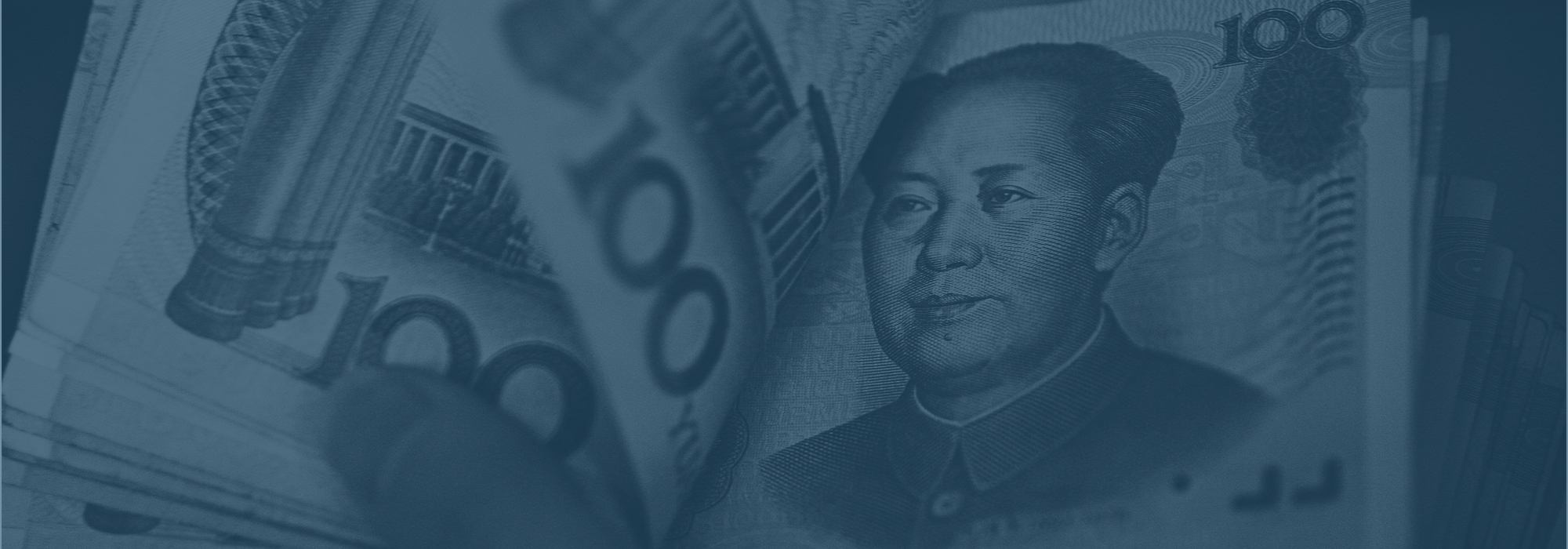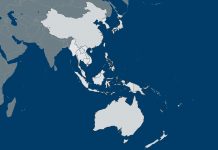By George Friedman
At one point yesterday, the Chinese yuan dipped to its weakest level against the dollar in five years. Meanwhile, former security chief Zhou Yongkang’s wife was sentenced to nine years in prison for taking bribes and his son was sentenced to 18 years. These two facts are intimately connected and revealing about the crisis facing China.
Zhou was the secretary of the Central Political and Legal Affairs Commission and a member of the 17th Politburo Standing Committee before he was investigated for corruption and then sentenced to life in prison in June 2015. Before that, he served as minister of public security. Zhou’s power extended into many aspects of internal security in China, including the police forces and the courts. In effect, he was in control of certain aspects of the internal security of China. Then, he was promoted to a post that included all aspects of internal security. In this post, he was one of the most trusted and powerful figures in China. Zhou was responsible for guaranteeing the security of the regime. Now, he and his family are in prison.
The anti-corruption campaign behind Zhou’s imprisonment is closely related to the decline of the yuan. The dominant reason for the decline of the yuan is concern, particularly inside China, about the decline of the Chinese economy and the weakness of the Chinese financial system. There have been moves inside and outside of China to convert yuan into a more secure currency, depressing its price. The government may also be willing to allow the yuan to decline.
China’s primary chance for economic recovery is through increasing exports. China has a twin problem in doing this. First, the global economy is sluggish at best, and there is little appetite for new exports. Second, Chinese manufactured goods have suffered from inflation, while new producers have entered the market.
China is simply not competitive in many areas it once dominated. It can’t do much about demand, but it can reduce price by devaluing the yuan. Of course, devaluing the yuan increases the cost of imports and fuels inflation. It would be at best a very short-term maneuver.
But China now has only two kinds of maneuvers left economically – short term and long term. Everything in the middle is slipping out of the control of the Chinese state. At a certain point, economic solutions cease to be practical in any reasonable period of time and the problem becomes political. China is under enormous economic pressure. How can the regime survive this pressure?
In the century between when the British forced China to open to international trade and when Mao Zedong consolidated power and closed China off, its governing model was regional. The emperor lost the ability to control China, and it fragmented into regions, each controlled by leaders (called warlords by the West) with their own armies. So while a highly centralized China enclosed from the world is one model, another model is a fragmented China, torn by internal conflict.
In China’s massive economic downturn, the leadership of the Chinese Communist Party is certainly aware of the alternative. The downturn has increased regional tension. In particular, the coastal region that has flourished through integration into international trade faces an interior region that has not benefited from this integration and that will inevitably view the coastal region as more interested in its international connections than in China. Mao took advantage of this same orientation on the coast by making the long march to the interior, raising a peasant army and crushing the leaders – and foreign powers – that dominated the coast. He extended the poverty of the interior to the coast, but created a unified China.
Chinese President Xi Jinping is dealing with the economic crisis in two ways. He is trying to find some sort of solution to it, particularly hoping that international demand increases. This is not within his control.
What he can do is strengthen the Communist Party’s control over the country. To do that he must increase his control over the party. Like China, the party is divided by economic interests. Deng Xiaoping told the party members to “enrich” themselves as he struggled to break free of Maoism, and that is what the party leaders have done.
To get control of the party he must suppress factionalism. To do that he must make it clear that self-enrichment is no longer an acceptable strategy. To do that he must change the rules and declare self-enrichment to be corruption. By some international standards it was corruption. By China’s standards it was the norm. It can no longer be the norm because wealth can challenge the party’s authority.
By arresting Zhou, Xi took power away from a man who had accumulated not only power but wealth. This demonstrated that no one is safe from the party’s power. By sending his wife and son to prison, Xi made it clear that the risks that some are taking are not only their risks, but their families’ as well. That changes the equation dramatically.
Xi is struggling to curb the power of wealth in the party. He knows he can’t eliminate it, but he can force it to align with his own will by imposing devastating sentences on those who might resist – and not only on those that do. The point is that if Zhou and his family can be crushed, anyone can be crushed.
Like other countries under economic pressure, the choice is between shattering the system or holding together through fear. Xi has few other options. There are those who say Xi has become powerful. That is true, but powerful over an increasingly weak center.
As the yuan falls, that center becomes weaker, and Xi must become more oppressive. It is less important to oppress the countryside than his comrades, where the real threat exists. It is purely coincidental that Zhou’s family was sentenced and the yuan declined at the same time. The two events have no direct connection. But they symbolize China’s real choices.








 The Geopolitics of the American President
The Geopolitics of the American President